Blog
Facing bankruptcy can be overwhelming and intimidating, especially if you're unfamiliar with the process. However, understanding bankruptcy terminology can empower you, helping you to navigate your proceedings with confidence. Here are some key terms to help demystify bankruptcy and make it more accessible:
Automatic Stay
One of the immediate protections you receive after filing for bankruptcy is the automatic stay. This means creditors must stop all collection efforts for a period unless they get court permission to continue. The automatic stay can provide significant relief, giving you a moment to breathe and address your financial situation without the constant pressure of creditor calls and collection efforts.
Credit Counseling Course
Before you can complete your bankruptcy, you must finish a credit counseling course. These courses are required by the court to help you understand your financial situation and explore possible alternatives to bankruptcy. Completing this course is a mandatory step, ensuring that you are informed about all your options.
Creditor
A creditor is any party to whom you owe a debt. This could be a credit card company, a hospital, a doctor’s office, or even the IRS. Understanding who your creditors are is crucial in the bankruptcy process, as they will be the ones affected by the discharge or restructuring of your debts.
Debtor
The debtor is the person or persons who file for bankruptcy. In this context, you are the debtor. Recognizing this term helps clarify your role and responsibilities throughout the bankruptcy proceedings.
Discharge of Debtor
A discharge of debtor is a court decree stating that you no longer owe money for the debts listed in your bankruptcy petition. This means you are legally released from personal liability for certain specified debts, essentially giving you a fresh start.
Dismissal
A bankruptcy case can be dismissed by the court if certain requirements are not met. This can happen if you fail to pay the filing fee, fail to complete credit counseling courses, miss meetings of creditors, or fail to provide necessary information to the trustee. A dismissal means your bankruptcy case is closed without discharging your debts, which can leave you back where you started.
Petition
The petition is the document you file to begin your bankruptcy case. It includes information about your debts, assets, income, and financial history. Filing this petition is the first official step in the bankruptcy process.
Secured Debt
Secured debt is money you owe that is backed by collateral. Common examples include home mortgages and auto loans. If you fail to pay a secured debt, the creditor can take the collateral (like your house or car) to satisfy the debt.
Trustee
A trustee is a person appointed by the court to oversee your bankruptcy case. The trustee reviews your finances, conducts meetings of creditors, and manages the sale of any non-exempt assets to pay off your debts. The trustee plays a crucial role in ensuring your bankruptcy case proceeds smoothly.
Unsecured Debt
Unsecured debt is money you owe that is not backed by collateral. This includes credit card bills, student loans, and medical bills. In bankruptcy, unsecured debts are often discharged, meaning you are no longer legally required to pay them.
Understanding these terms is essential for anyone going through the bankruptcy process. Knowing the terminology can help you feel more in control and less intimidated by the legal proceedings. Remember, consulting with a bankruptcy attorney can provide further clarification and tailored advice for your specific situation.
Consider subscribing to our blog for more insightful articles on similar topics that can aid in your financial journey.

